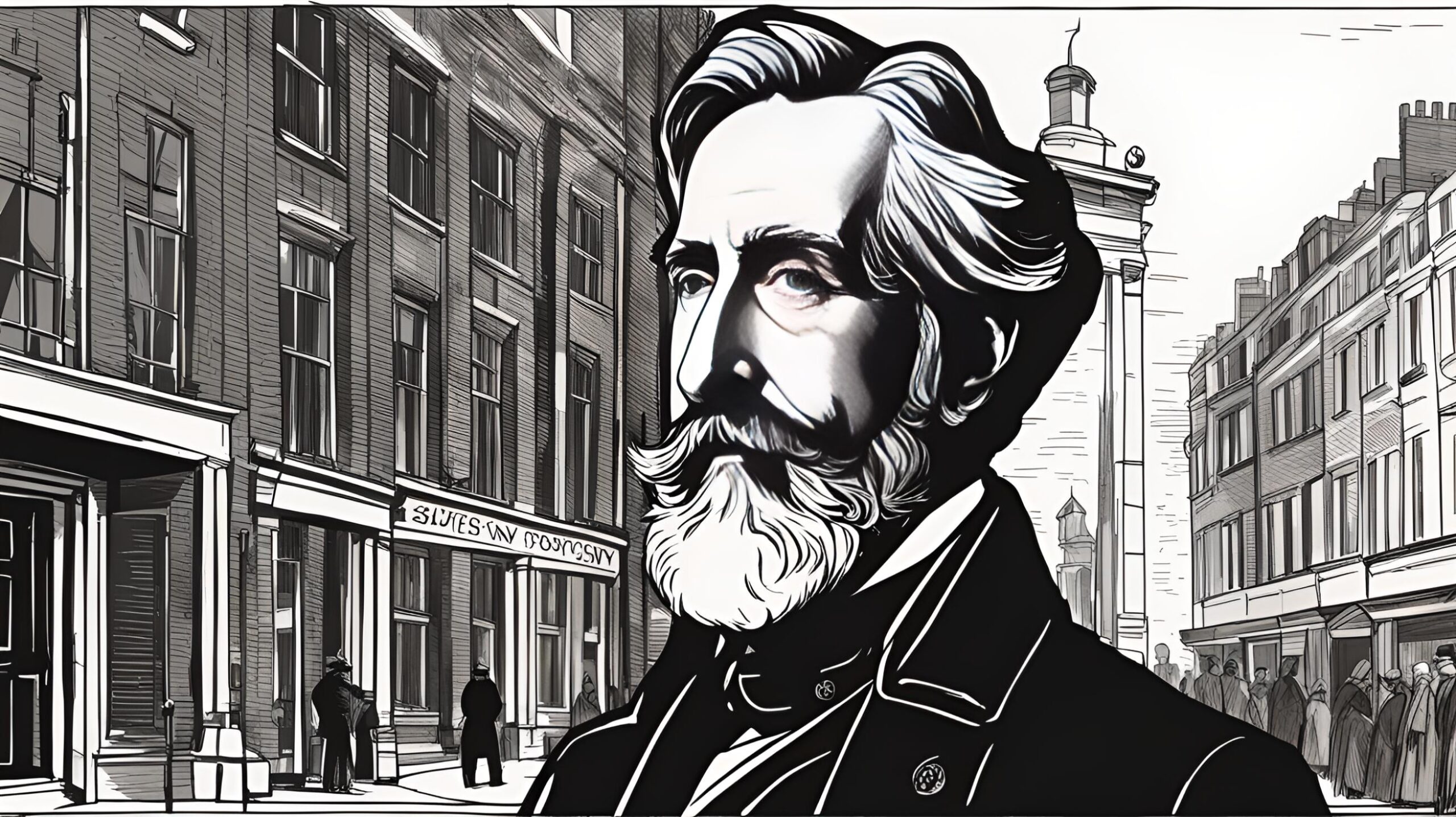Flashback to July 5
American History

1948
Whittaker Chambers accuses Alger Hiss of being a communist and a spy for the Soviet Union
Read moreOn August 3rd, 1948, a momentous and controversial event took place that sent shockwaves across the United States, reigniting the blazing embers of the Cold War. Whittaker Chambers, a confessed former member of the Communist Party, accused Alger Hiss, a high-ranking State Department official, of not only being a communist but also acting as a spy for the Soviet Union. This episode is as fascinating as it is emblematic of the heightened sense of paranoia that the Cold War instigated within society.
When Whittaker Chambers stood before the House Committee on Un-American Activities and pointed his finger at Alger Hiss, it was not merely an accusation. It was a reckoning that tore open a wound in America’s psyche: the fear of internal subversion. Chambers, once a member of the same Communist Party he was now testifying against, provided shocking testimony intended to sow doubt about Hiss’s loyalty to his nation. Chambers claimed that he had known Hiss as a dedicated fellow communist in the mid-1930s and that Hiss had, in fact, been part of an underground espionage network within the U.S. government.
Chambers’s accusations shook the foundations of the U.S. political landscape, underscoring the volatile nature of the Cold War era. The fallout prompted fierce debates about national loyalty, political affiliation, and the destructive potential of propaganda. This turbulent period in America’s history, shortly after the end of World War II and at the peak of the emerging Cold War, was marked by a growing sense of unease and suspicion of communism within the country.
As a notable figure in U.S. foreign policy, Alger Hiss was known for his involvement in the establishment of the United Nations. He was seen as an esteemed figure, his sterling reputation seemingly untouchable. The harsh allegations came as a shocking revelation, souring the public’s trust and instigating widespread apprehension about the depth of communist infiltration within the U.S. Government.
The feud between Chambers and Hiss escalated into a full-blown legal battle, highlighting the tangible reality of the ideological warfares of the time. Hiss vigorously denied the accusations and eventually sued Chambers for libel. Still, the latter provided physical evidence – the infamous “Pumpkin Papers” – purportedly proving their shared part in the communist espionage ring. The unfolding courtroom drama captivated American public opinion, embedding the narrative permanently into the annals of American history.
The “Pumpkin Papers” were a set of microfilm documents hidden inside a pumpkin in Chambers’s farm. They reportedly revealed classified State Department documents, allegedly proving Hiss’s complicity in espionage activities. As the legal proceedings intensified, the “Pumpkin Papers” became synonymous with the cloak-and-dagger nature of Cold War espionage, further fueling national paranoia about internal communist activity.
The Alger Hiss-Whittaker Chambers episode is a key historical event marking America’s deep-seated fear of communist infiltration during the Cold War. It underlines a powerful narrative about national security, ideological warfare, and the pervasive threat of espionage. The accusations by Chambers opened a Pandora’s box of national suspicion, forever linking espionage and Communist infiltration with a time of great national anxiety.
We strive for accuracy. If you see something that doesn't look right, click here to contact us!
Sponsored Content

William Booth founded Salvation…
"On July 5, 1865,…

Engagement at Carthage, Missouri.
The Engagement at Carthage,…

C Jackson discovers asteroids…
On July 5, 1937,…

Committee of 9 appointed…
On July 5, 1843,…

William Shockley invents the…
On July 5, 1951,…

President Franklin Roosevelt signs…
On July 5, 1935,…

